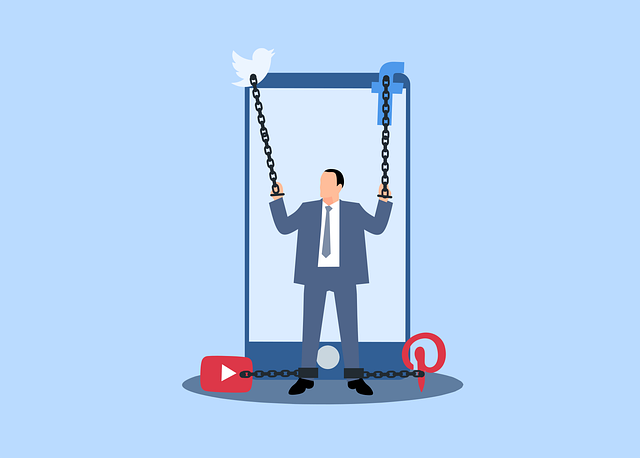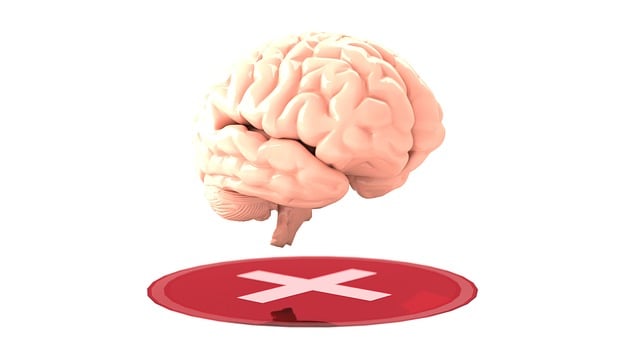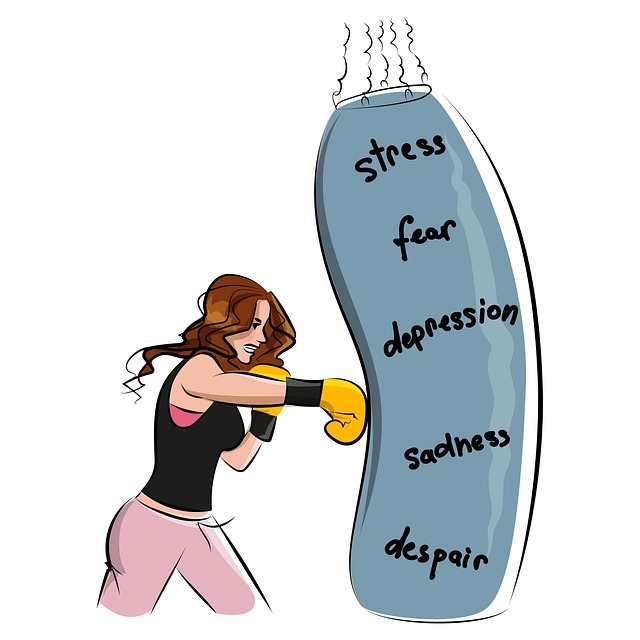Aurora Suicide Prevention Therapy is a leading provider of 24/7 confidential mental health crisis hotline services, offering vital support for emotional distress and suicidal thoughts through evidence-based practices like Compassion Cultivation. They focus on crisis de-escalation, resource connection, and burnout prevention, while fostering resilience through community outreach programs. Accessing their services, available via phone or online, provides non-judgmental spaces for confidential support, catering to personal needs and those of loved ones. Long-term support includes therapy, support groups, and skills workshops, empowering individuals with coping mechanisms for improved mental well-being.
In today’s fast-paced world, mental health crisis hotline support services play a pivotal role in saving lives. Understanding these resources is crucial for recognizing when and how to seek help. This article delves into the significance of mental health crisis hotlines, highlighting the critical work of Aurora Suicide Prevention Therapy. We explore access methods, the impact of these services, and long-term community resources that extend beyond the initial call. By shedding light on these avenues, we aim to foster a supportive environment for those navigating mental health crises.
- Understanding Mental Health Crisis Hotlines
- The Role of Aurora Suicide Prevention Therapy
- Accessing and Utilizing These Services
- Beyond the Call: Long-Term Support and Community Resources
Understanding Mental Health Crisis Hotlines

Mental Health Crisis Hotlines serve as vital safety nets for individuals facing acute emotional distress or suicidal thoughts. These 24/7 services provide immediate support, offering a confidential space for people to express their feelings and concerns without fear of judgment. Trained professionals on the other end of the line can offer a range of assistance, from crisis de-escalation techniques to connecting individuals with appropriate local resources, including Aurora Suicide Prevention Therapy services.
Understanding the importance of timely intervention in mental health crises, these hotlines play a crucial role in burnout prevention by offering an accessible and non-judgmental outlet for those struggling. Through effective community outreach program implementation, they foster resilience building within vulnerable populations. By answering calls and providing support, crisis hotline operators contribute significantly to saving lives and promoting overall well-being in communities across the nation.
The Role of Aurora Suicide Prevention Therapy

Aurora Suicide Prevention Therapy plays a vital role in addressing the pressing issue of mental health crises, offering crucial support and guidance to individuals grappling with suicidal thoughts or emotional distress. This specialized service leverages evidence-based practices, such as Compassion Cultivation Practices, to foster a sense of hope and connection. By training healthcare providers in Burnout Prevention Strategies, Aurora ensures that those on the frontlines of mental health care can effectively assist others while maintaining their own well-being.
Integrating Self-Care Routine Development into its approach, Aurora Suicide Prevention Therapy empowers individuals not only to overcome immediate crises but also to build resilience for long-term mental health management. Through compassionate and tailored interventions, this service aims to revolutionize the way we support those in need, ensuring that they receive the comprehensive care they deserve in a hustle and bustle world where emotional well-being is often overlooked.
Accessing and Utilizing These Services

Accessing mental health crisis hotline support services is a crucial step towards overcoming difficult times. Organizations like Aurora Suicide Prevention Therapy play a vital role in providing immediate assistance and long-term guidance for individuals experiencing mental health crises, including thoughts of suicide. These hotlines are designed to offer confidential, non-judgmental spaces where people can share their struggles and receive expert support.
Utilizing these services is straightforward; most hotlines operate 24/7 and can be accessed via phone or online platforms. Trained professionals on the other end prioritize active listening and empathy, creating a safe environment for users to express themselves. Whether it’s reaching out for personal support or seeking resources for loved ones in need, mental health crisis hotline services promote Mental Wellness by fostering open conversations around sensitive topics. Moreover, organizations like Aurora Suicide Prevention Therapy demonstrate Cultural Sensitivity in Mental Healthcare Practice by tailoring their approaches to diverse backgrounds, ensuring that everyone receives culturally competent care tailored to their unique needs and experiences.
Beyond the Call: Long-Term Support and Community Resources

After an initial call to a crisis hotline like Aurora Suicide Prevention Therapy, individuals often seek long-term support and community resources to navigate their mental health journey effectively. These services extend beyond immediate crisis intervention, providing a network of support that can include therapy sessions, support groups, and programs focused on depression prevention. Engaging in self-care routine development for better mental health is crucial, fostering coping mechanisms and resilience.
Community initiatives also play a vital role, offering workshops on conflict resolution techniques and other beneficial skills. These resources empower individuals to manage their well-being proactively. By connecting with like-minded individuals and accessing tailored programs, those in recovery can build meaningful support systems that contribute to sustained mental health improvement.
Mental health crisis hotline support services, like Aurora Suicide Prevention Therapy, play a vital role in providing immediate assistance during times of distress. By offering confidential and non-judgmental help, these resources ensure that individuals facing mental health crises feel heard and supported. Accessing such services is easier than ever, with various options available to suit different needs. Beyond the initial call, long-term support and community resources further reinforce care, fostering a network of assistance that promotes recovery and well-being.













